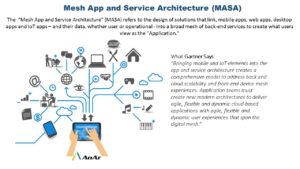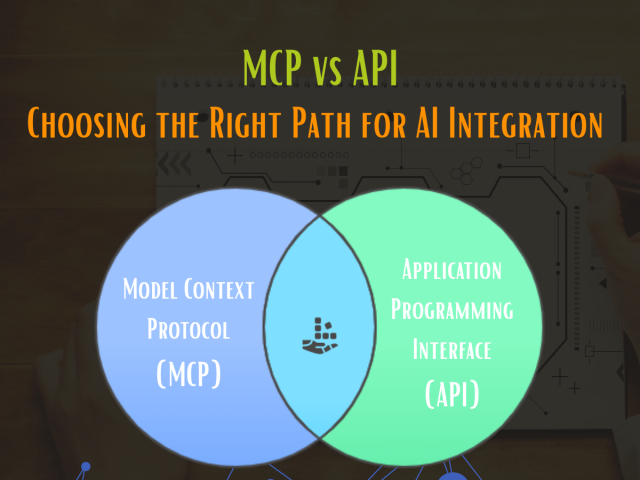The Mesh Apps and Service Architecture (MASA) refers to the design of solutions that link, mobile apps, web apps, desktop apps and IoT apps – and their data, whether user or operational – into a broad mesh of back-end services to create what users view as the “Application.”
What is Mesh Device?
The mesh device is a user friendly and states to an expanding set of endpoints. People use mesh device to access various applications and information. Or even to interact with different people, social communities, governments and businesses. The device mesh includes mobile devices, wearable, consumer and home electronic devices. Or in a simpler term the mix of devices you are using on your network. Often these mesh devices are referred to as sensors in the Internet of Things [IoT]. These IoT are connectivity expected and provided for encompassing beyond traditional mobile devices i.e.‘postmobile’ world.
What is Mesh App and Service Architecture?
The mesh device has several mesh apps running with service architecture. The service architecture gives back-end cloud scalability while the device mesh provides front end experience. The mesh device, apps and service architecture are flexible and compatible. They are suitable for the rapid enhancement as per user’s requirements. The facilitated software-defined application services allow Web-scale high performance, flexibility and quickness.
The important requirement for device, app and service architecture is supported by supportive IT architecture. There is linear application design known as the three-tier architecture. This has rigid models that are linear and old but have assurance for the future. Also, the mesh applications have presentation, processing and data facilities.

What is Micro-Service?
The mesh apps use containers that are for rapid, user-friendly development. As a result, there is micro-service architecture for assemble disseminated applications. The micro-service architecture is popular because it is easy to use. This micro-services technology is essential for building and distributing the applications. This is used for scalable deployment of applications both onsite and in the cloud. Recently, the modern method of development is use of containers. This is the most efficient way of building, developing and deploying.
Work of Application and Development Team:
The application team is forced to make new modern architectures. A very common cloud-based architecture is fast, flexible and active. Applications that run in the cloud give the user the experience of active, compliant experience. These are transparent and user-friendly mesh applications written for the mesh device.
The Savvy innovators are working on swiftness, built-in and scalable software applications. All the applications are made to support web-based performances onsite and in the cloud. The software developers know they require the client-server architecture. The challenge of their task is the rapidly changing demand in the digital mesh market. Also, there is another point the software developers have to consider.
All applications, processes and services have to work synchronously across architectures. Some are all cloud, on-premise architecture, and web-scale performance. There should be successful and competent mobile software made too. Finally, applications should be compatible across several sensors.




